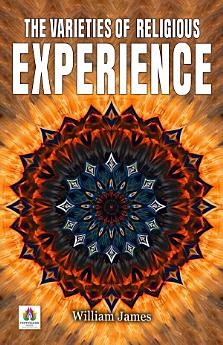The Varieties of Religious Experience
About this ebook
Starting with an examination of the fundamental nature of religious experiences, James provides a rich tapestry of accounts that range from the ordinariness of daily faith to the profound moments of transcendence that can transform lives. By analyzing the emotions and psychological states associated with religious experiences, he exposes the deep-rooted human yearning for connection with something greater than ourselves. This exploration of spiritual experiences encompasses themes such as conversion, mystical encounters, and the phenomena of personal narratives that render a holistic understanding of spirituality.
Through his lens of American pragmatism, James asserts that the validity of religious beliefs lies in their effects on our lives rather than their objective truth. The idea that religious faith can influence ethical living and shape moral decision-making is central to his thesis. He discusses how various forms of religious expression, from Christianity to Buddhism, manifest differently across diverse cultural landscapes, yet share a common human desire for meaning and connection. This notion of religious pluralism highlights the importance of understanding and respecting different religious traditions and the unique narratives that accompany them.
In addition, The Varieties of Religious Experience delves into the intricate relationship between faith and psychological well-being, investigating how belief systems can foster resilience and self-transcendence. James touches on the psychological conditions surrounding conversion experiences, elucidating the transformative power of faith in helping individuals navigate life’s challenges. His emphasis on the lived reality of faith over rigid orthodoxy lends a refreshing perspective, encouraging readers to engage actively with their spiritual beliefs.
This extraordinary work not only serves as a foundational text in the study of religious experience but also remains relevant in contemporary debates about spirituality and psychology. Every section poses existential questions that resonate deeply with readers—What is the nature of faith? How do personal experiences shape our understanding of the divine? And how can these experiences inform our ethical lives? These inquiries invite readers to reflect on their own beliefs about religion and its role in the tapestry of human consciousness.
As readers journey through James's profound insights, they will find themselves inspired to contemplate the rich variety of religious expressions, ultimately leading to a deeper appreciation of the complexities of faith. The Varieties of Religious Experience is not just an academic endeavor; it is a heartfelt invitation to explore the spiritual dimensions of our lives, encouraging each of us to seek our own truths amidst the silence and noise of existence.




